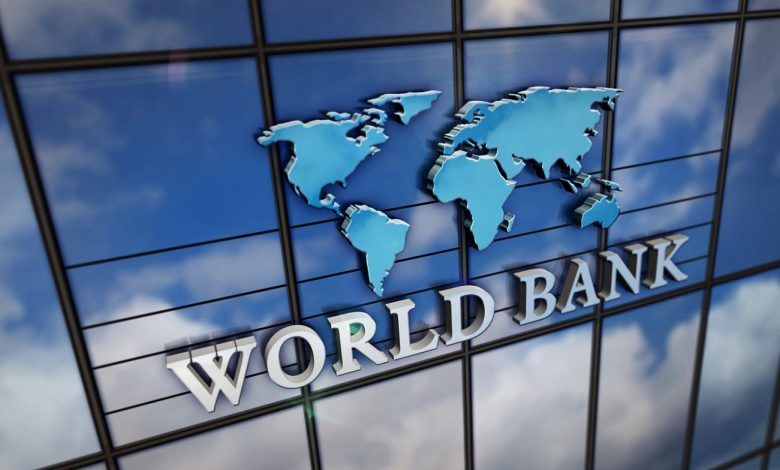
The World Bank has urged the Federal Government of Nigeria to intensify economic reforms that prioritize protecting the country’s most vulnerable citizens from soaring inflation, while also pushing for long-term strategies that enhance livelihoods through productive employment.
This call was made in the Bank’s newly released April 2025 Poverty and Equity Brief for Nigeria, in which it warned that despite recent economic policy shifts, poverty in Nigeria is intensifying, particularly in urban areas.
The brief follows an earlier warning in April’s Africa’s Pulse report, where the Bank projected that more Nigerians would fall into poverty over the next five years, citing entrenched structural issues like oil dependency, weak economic diversification, and national fragility.
To cushion the impact of recent reforms, such as the removal of fuel subsidies and naira floatation, the Tinubu administration introduced temporary cash transfers targeting 15 million households. But the World Bank noted that implementation has been slow and insufficient to counter the inflationary pressures on the poor.
Since President Bola Tinubu took office in May 2023, Nigeria’s economic landscape has been shaken by bold reforms. While aimed at stabilising public finances, they have triggered rapid price increases. As of March 2025, headline inflation rose to 24.23%, up from 23.18% the previous month. Although food inflation slightly eased to 21.79%, core inflation (excluding volatile food and energy) accelerated to 24.43%, signalling persistent price instability.
The World Bank estimates that more than half of Nigerians about 54% now live in poverty, with an additional 42 million people falling into poverty since 2018/19. The report points to stagnant wages and declining purchasing power, especially in cities, as major drivers.
“Multiple shocks in a context of high economic insecurity have deepened and broadened poverty,” the Bank stated. “Labour incomes have not kept up with inflation, pushing many Nigerians, particularly in urban areas, into poverty.”
The Bank emphasized the need to strengthen Nigeria’s social protection systems, recommending that fiscal savings from fuel subsidy removals be redirected toward building resilience and investing in human capital particularly in health, education, and social infrastructure.
It also stressed the urgency of diversifying the economy beyond oil, boosting private-sector job creation, and enhancing the efficiency of public spending, especially amid limited fiscal space.
The report underscores Nigeria’s regional inequality, citing 2018/19 data from the National Bureau of Statistics. At that time, 30.9% of Nigerians lived below the international poverty line of $2.15/day. In the northern regions, the poverty rate stood at 46.5%, compared to 13.5% in the south.
As the government navigates tough economic reforms, the World Bank is urging a recalibration of policy that balances fiscal discipline with social safety nets, warning that failure to act decisively could result in intergenerational poverty and social instability.





